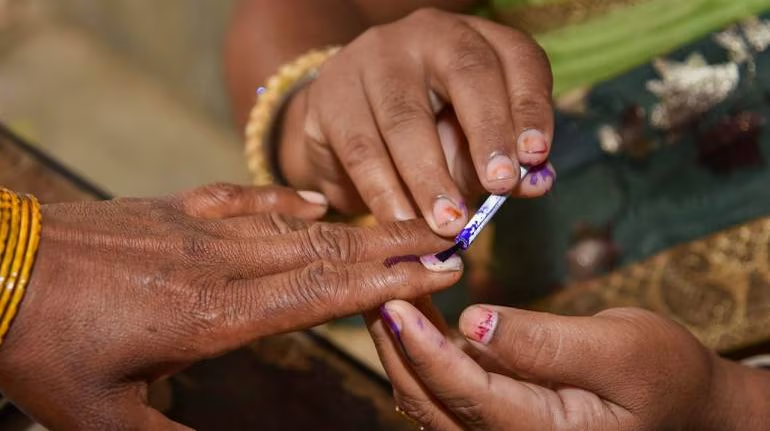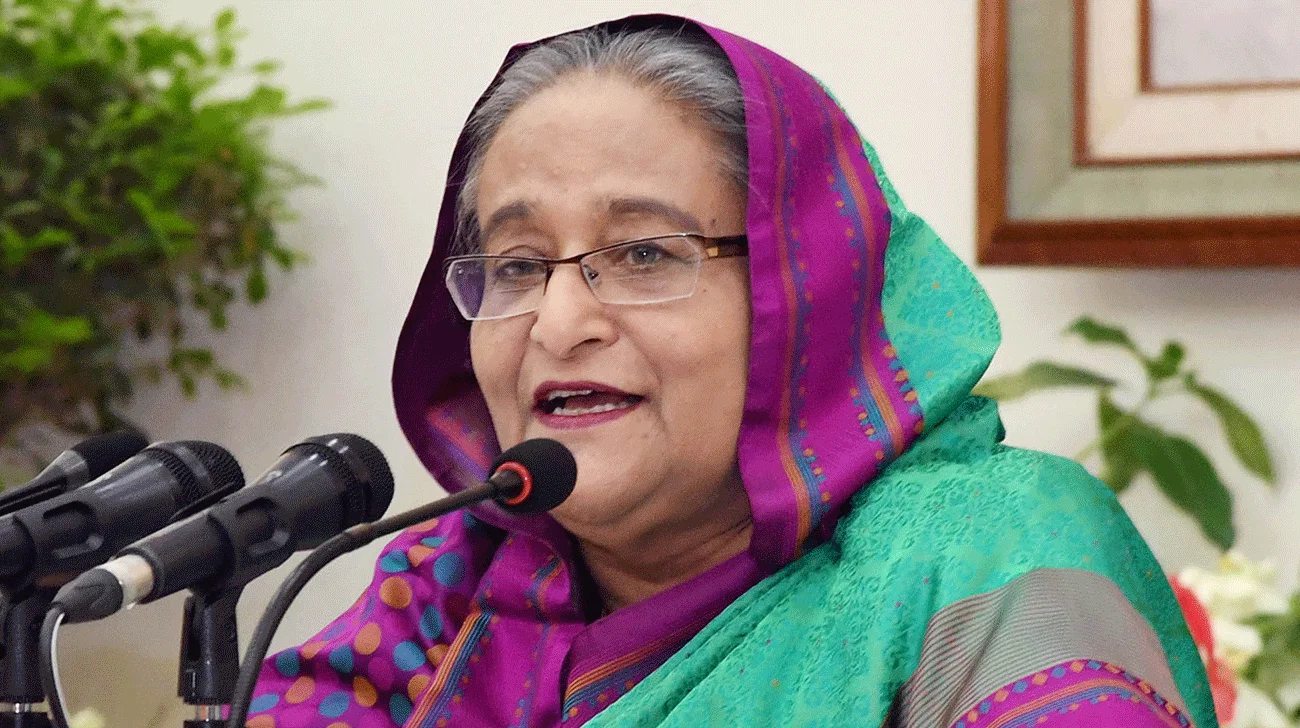In a landmark address delivered at the Forum on China-Africa Cooperation (FOCAC) summit, Chinese President Xi Jinping reaffirmed China’s commitment to deepening economic ties with Africa, signaling a new chapter in Sino-African relations. The summit, which brought together leaders from across Africa and China, served as a platform for dialogue and collaboration aimed at fostering greater cooperation and partnership between the two regions.
President Xi’s speech underscored China’s unwavering support for Africa’s development agenda, emphasizing the importance of mutual respect, equality, and win-win cooperation in advancing shared goals. He outlined a comprehensive strategy for enhancing economic ties between China and Africa, encompassing trade, investment, infrastructure development, and people-to-people exchanges.
Central to President Xi’s vision is the Belt and Road Initiative (BRI), a multi-trillion-dollar infrastructure and connectivity project aimed at promoting economic integration and development across Asia, Africa, and Europe. Xi reiterated China’s commitment to supporting African countries in implementing BRI projects, including the construction of railways, roads, ports, and telecommunications networks, which are seen as crucial drivers of economic growth and prosperity on the continent.
In addition to infrastructure development, President Xi announced plans to expand trade and investment cooperation between China and Africa, with a focus on fostering greater diversification and sustainability. He pledged to increase imports of African products, particularly non-resource commodities, and to encourage Chinese companies to invest in key sectors such as manufacturing, agriculture, technology, and renewable energy.
President Xi also highlighted the importance of enhancing people-to-people exchanges and cultural cooperation between China and Africa, emphasizing the role of education, tourism, and cultural diplomacy in strengthening bilateral relations. He announced plans to increase scholarships and exchange programs for African students and professionals, as well as initiatives to promote cultural exchanges and understanding between the two regions.
The FOCAC summit comes at a critical juncture in global affairs, as countries grapple with the economic fallout of the COVID-19 pandemic and seek to chart a course for recovery and revitalization. Against this backdrop, President Xi’s pledge to deepen economic ties with Africa holds significant implications for the future of international trade, investment, and development cooperation.
China’s growing engagement with Africa has long been a subject of debate and scrutiny, with critics raising concerns about issues such as debt sustainability, environmental impact, and labor rights. However, proponents argue that China’s investments in Africa have the potential to catalyze economic growth, alleviate poverty, and foster sustainable development across the continent.
As China and Africa embark on a new phase of cooperation and partnership, the world watches closely to see how these commitments will translate into concrete action and tangible benefits for the people of Africa. With President Xi’s pledge to increase economic ties with Africa, the stage is set for a deeper, more dynamic partnership that has the potential to shape the future of global development for years to come.




